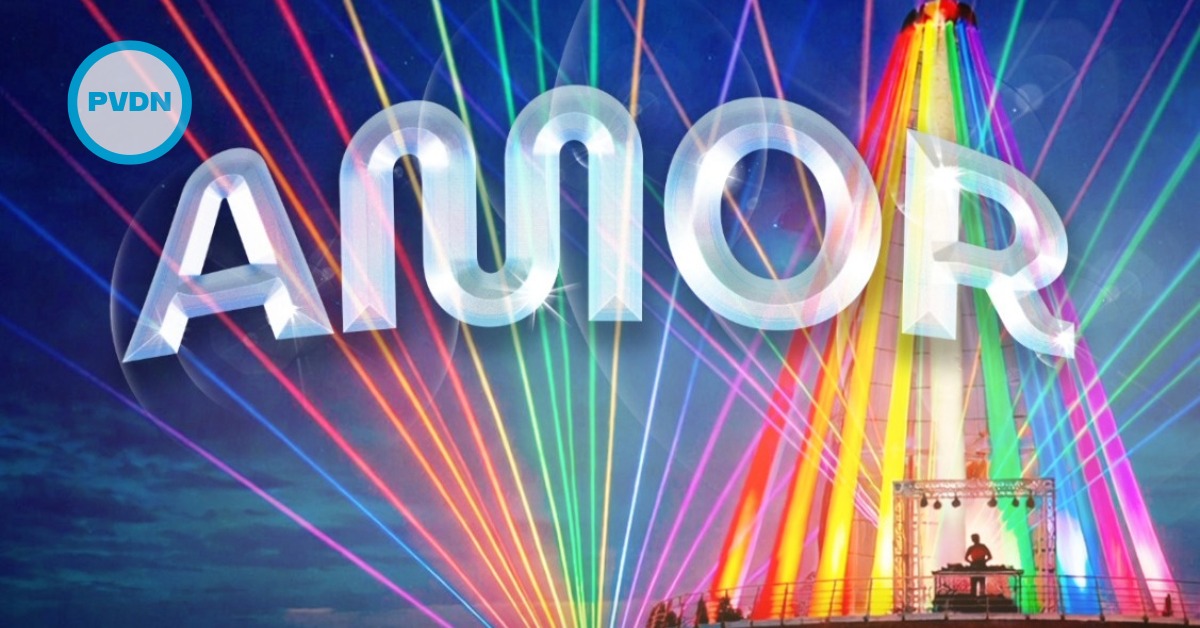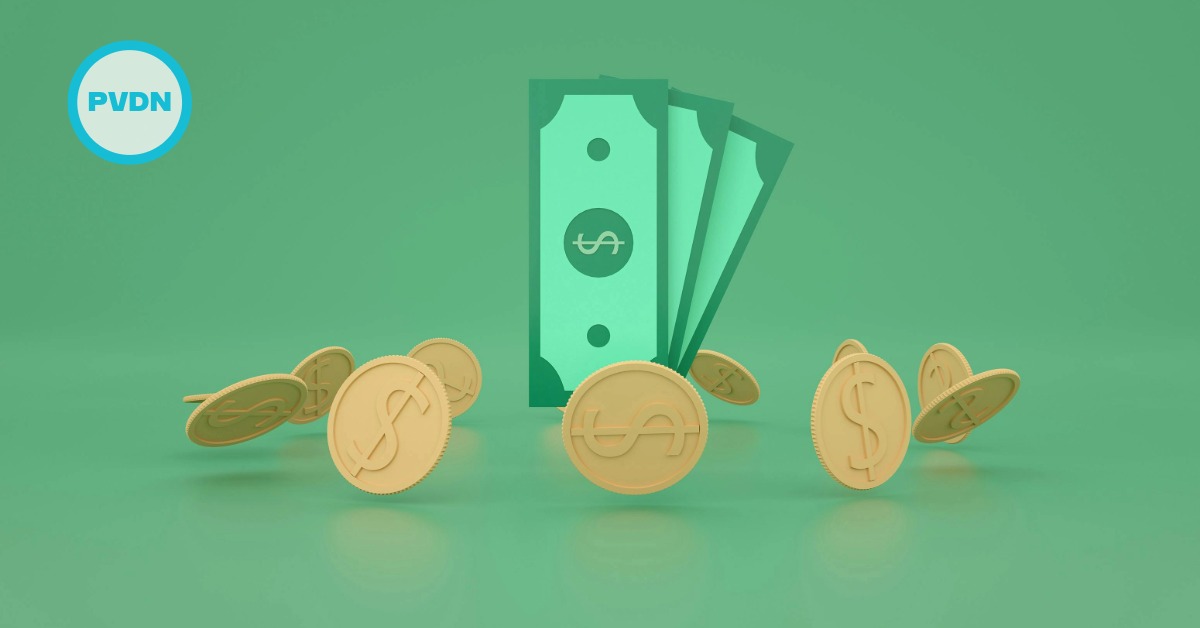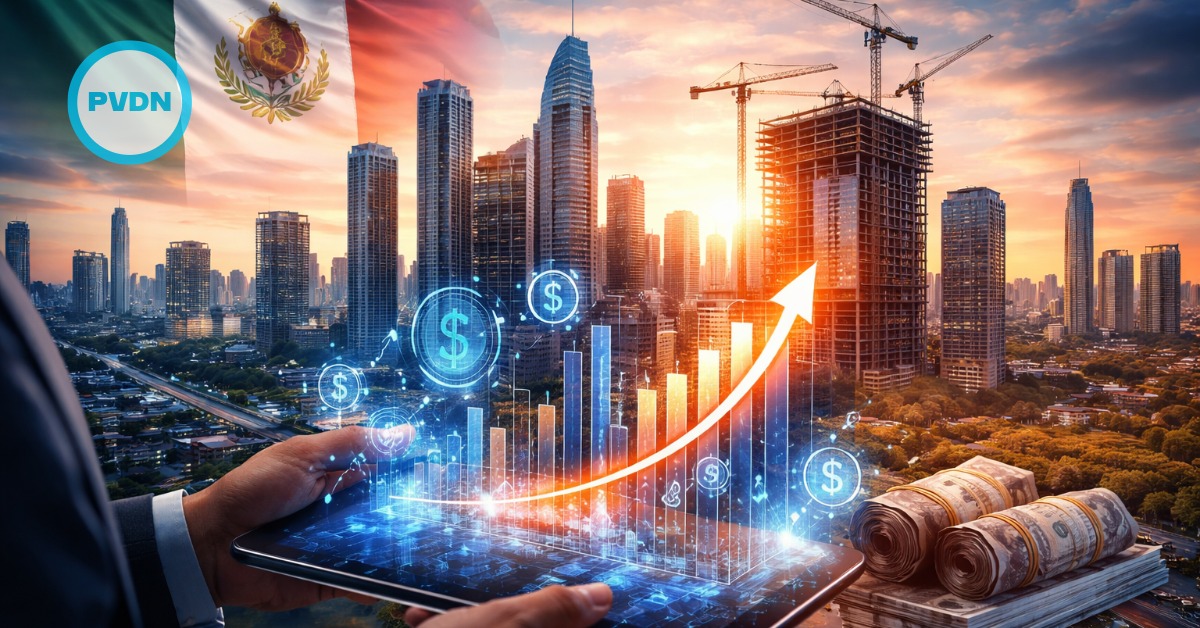Puerto Vallarta, Mexico - For decades, we have been promised groundbreaking technological revolutions that would reshape society. Flying cars, robot housekeepers, and fully immersive virtual realities were all expected to be part of our daily lives by now. Instead, these grand visions have largely remained fantasies, serving more as marketing ploys for investors than tangible realities for the public. Now, artificial intelligence (AI) has taken its turn in the spotlight, promising to replace workers, revolutionize industries, and fundamentally alter human productivity. But does AI live up to the hype, or is it just another overpromised tech dream destined to disappoint?






